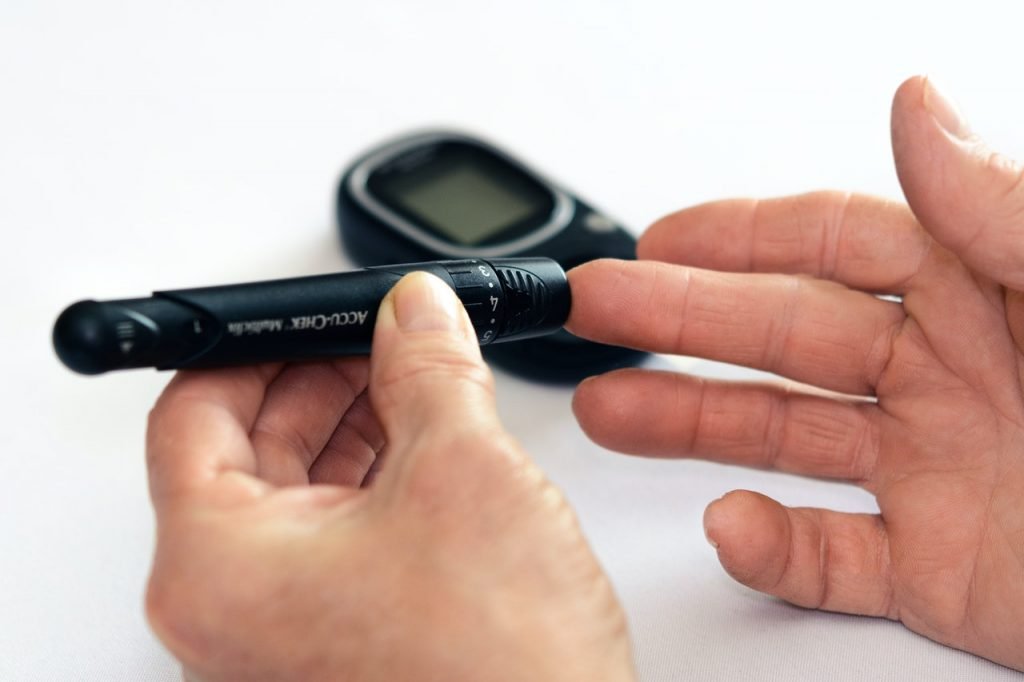
DRIVING WHILE DIABETIC? IRREGULAR BLOOD SUGAR LEVELS MAY LEAD TO A DUI ARREST
California alone reports over 120,000 DUI arrests yearly. However, there’s a good chance that some of these arrests are unwarranted, and this number could be severely underestimated. One of the leading causes of false DUI arrests mainly involves the driver’s health status at the time of the arrest, and not alcohol consumption. According to the Center for Disease Control and Prevention, roughly 10% of Americans are thought to have some type of diabetes. If you’re a driver with diabetes, it isn’t unlikely to one day find yourself facing DUI charges due to your medical condition. Breathalyzers have been known to give false positives for people with diabetes. Besides, diabetic symptoms may sometimes present themselves as signs of intoxication during Field Sobriety Tests. With that in mind, here’s all you need to know about the impact of diabetes on DUI charges.
General Symptoms of Diabetes
During the first interaction, law enforcement officers are trained to identify and document any signs of impairment they witness from drivers. These apparent signs of impairment are then used as evidence to prove their charges under Section 23152 (a) of the Vehicle Code. Unfortunately, a person with diabetes, who suffers from low blood sugar levels, can show some or all of the signs concurrent with alcohol intoxication. Some of the diabetes symptoms that often get mistaken for drunkenness include :
- Slurred speech
- Nervousness
- Lethargy or fatigue
- Inability to control their balance while standing or walking
These conditions may cause diabetic drivers or drivers with low blood sugar levels to perform poorly at Field Sobriety Tests. Unless an officer is adequately trained to differentiate between signs of alcohol intoxication and symptoms of medical conditions like diabetes, a first encounter could quickly escalate to a false arrest.
Effects of Diabetes on BAC Results
Ethanol is the main organic compound found in all alcoholic beverages, and breathalyzers function by quantifying this compound. A person with diabetes with low blood sugar may subsequently develop ketoacidosis, which is a condition that produces acetone in the mouth. Acetone in the mouth can present itself as a fruity-smelling breath that can fool breathalyzers into positive results. While breath testing equipment is designed to measure the BAC, they are, however, unable to tell apart different organic compounds within the methyl groups of alcohol. This can be problematic for diabetic individuals who register a high BAC because of acetone rather than ethyl, resulting in additional charges for driving with a BAC above 0.08% under Section 23152 (b) of the Vehicle Code.
Call Us For Help
If you have diabetes, who happens to get pulled over, remember you have the right to invoke your Fifth Amendment and remain silent until you have legal representation. We highly advise against complying with any Field Sobriety Tests as they are often unnecessary and only add to a list of evidence. Only an expert DUI defense attorney like our very own
Attorney Don Hammond can challenge the DUI allegations effectively. For more information on how being diabetic can impact DUI charges, please don’t hesitate to contact us at +1 323-529-3660 or fill out a contact form and someone from our office will contact you right away.










